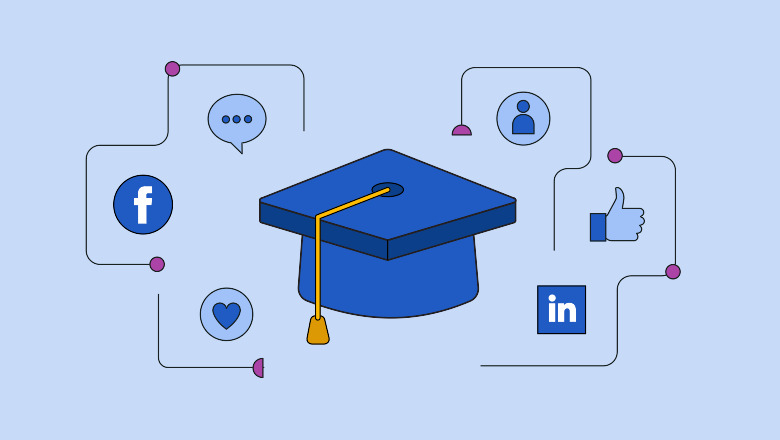[ad_1]
Who receives to study about computer science in faculty?
Whilst a escalating amount of educational facilities offer you some form of laptop or computer-science class or just after-school plan, this kind of offerings are even now much extra prevalent in well-resourced districts than those people that largely serve underprivileged students, and far more boys choose them than women.
It is an challenge that two researchers at UCLA, Jane Margolis and Jean Ryoo, have been digging into in their scholarly work—a phenomenon they phone “preparatory privilege.” And they say it is aspect of why the tech sector has struggled with a deficiency of range in its ranks.
The two students normally publish their function in journals or textbooks for teachers and policymakers—including two nicely-recognised guides by Margolis referred to as “Caught in the Shallow Finish: Education and learning, Race and Computing” and “Unlocking the Clubhouse: Females in Computing.” But they not too long ago acquired an uncommon invitation: Would they be up for crafting a reserve about inequality in laptop science aimed at kids—at the pretty learners who are having such unequal offerings in their schools?
“And Jean instantly explained, ‘Yes, let us go for it,’” Margolis remembers. “And she explained, ‘Let’s make it a graphic novel.’”
Graphic novels, of program, are most frequently involved with superhero stories—like Batman or The Watchmen. They are essentially meaty comedian guides. And it turns out Ryoo is a fan of the genre, and she was far more than ready to response the connect with to grow to be a youthful grownup creator.
The pair ended up operating with an illustrator to make the ensuing graphic novel, referred to as “Power On,” and they dependent their tale on real students they’ve satisfied through their exploration on inequity in pc science.
The graphic novel strike the cabinets in April, and by now some educational institutions and college districts—including the Los Angeles School District—are obtaining the title for their instructors, say Margolis and Ryoo.
EdSurge sat down with Margolis and Ryoo for this week’s EdSurge Podcast, to communicate about the research-primarily based novel, which the scientists hope will encourage a lot more learners to elevate thoughts about the choices (or lack of them) at their personal schools.
Listen to the episode on Apple Podcasts, Overcast, Spotify, Stitcher or wherever you listen to podcasts, or use the player on this web page. Or read through a partial transcript down below, frivolously edited for clarity.
EdSurge: Why did you convert your investigation into a graphic novel?
Jean Ryoo: I imagine it can be a truly inspirational medium for sharing thoughts and thoughts. Acquiring been an English instructor and also operating with educators, there are some college students who truly feel intimidated by heavy texts, or may well be unwilling to read articles or publications. But when they’re specified the tips in graphic-novel sort, they’re instantly drawn in. They study a ton of them and get really engaged.
An additional matter is that since there is this visual ingredient as perfectly as storytelling as a result of the words and phrases and dialogue, I feel it is this sort of a stunning way to share the emotional context—the cultural context—and to also be playful with the strategies that these tips are communicated.
We’ve also been considering about how a graphic novel like this could assist a tradition change in the ways that folks are considering about how to train laptop science.
A tradition shift? How would you explain the latest lifestyle and what you want to change to?
Yeah, 1 important problem correct now is that you can find a inclination in the area of laptop or computer science—and normally in STEM fields—to say it is not our accountability how folks use the technology we develop, we’re just the creators of it. That it really is not our duty to feel about the ethics or the social impacts of this. It is this bogus notion that pc science is an apolitical and neutral area.
What are some important points from your investigation that grounds this graphic novel?
Jane Margolis: One is the worth of pedagogy in laptop or computer science education—specifically about culturally pertinent pedagogy. The schooling requirements to be joined to the outside the house planet.
There’s been this conventional idea of laptop or computer science as just currently being zeros and types and goal. And what we’re seeking to say is that [students] are extra engaged if it is really related to challenges that they really treatment about and that are occurring in their life. So we preferred the novel to really make that position.
And we are doing the job with a workforce of 5 equity fellows from the Personal computer Science Instructors Association who are creating methods and a teacher’s guideline for the book.
In my e book “Stuck in the Shallow Finish,” there is certainly a whole investigation about the inequity in laptop science—the truth that a lot less lessons exist in higher colleges with high numbers of children of shade. And when they do exist in those people schools, they are mostly covering the most basic rudimentary techniques, like typing. The whole technique is pretty segregated, privileging … college students in the white, rich parts and not the pupils in the underneath-resourced parts and pupils of shade. And so we preferred to deliver up individuals inequities that are caused by the program and how that affects who is finding out computer science.
Listen to the relaxation of the job interview on the podcast.
[ad_2]
Resource website link



